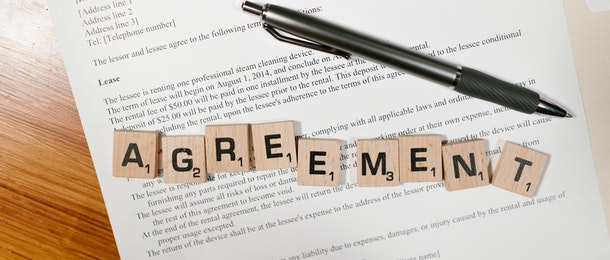SMSFs renting business real property to a related party without a lease agreement are in breach of superannuation laws and may be forced to sell the property to comply with those laws, according to an SMSF auditor.
Baumgartner Super audit manager Belinda Taylor said the absence of a lease agreement in these circumstances is a primary area of concern for the company.
“Unbelievably we continue to see SMSFs that do not have a lease agreement in place. Failing to have a lease agreement could be a compliance disaster due to an often-forgotten requirement of section 71 of the Superannuation Industry (Supervision) (SIS) Act,” Taylor said.
She said sub-section 71(1)(g) of the SIS Act stated a lease arrangement between an SMSF and a related party was only exempt from being an in-house asset if the property was business real property and the property was subject to a lease or lease arrangement enforceable by legal proceedings.
“From an audit perspective, we are not able to conclude a lease arrangement is enforceable by legal proceedings if no lease agreement can be provided,” she said.
“Where no lease agreement exists, the property is classified as an in-house asset and, as it is normally a significant asset of the SMSF, a material compliance breach will have occurred.
“The trustees then face the prospect of having to dispose of the property if the ATO does not accept that simply implementing a lease agreement meets the disposal requirements of section 82 of the SIS Act.”
She advised trustees to document lease agreements with related parties when the tenancy begins.
SMSF trustees should also obtain an independent expert opinion of the market value of the annual rental and a commercial lease should be prepared setting out the terms and conditions of the agreement, she said.
During the lease term, she noted the trustee does not have to annually justify the commerciality of the lease arrangement to the SMSF auditor.
“For example, if the parties have entered into a five-year agreement, the trustee wouldn’t have to obtain a rental assessment until such time as the lease amount needs to be renegotiated,” she said.
“The trustee has to ensure the parties are adhering to the terms of the lease agreement. This would include that the correct rental amount is being paid at the correct time. -Consistently short-paying or late-paying rental is not an arm’s-length dealing.”




